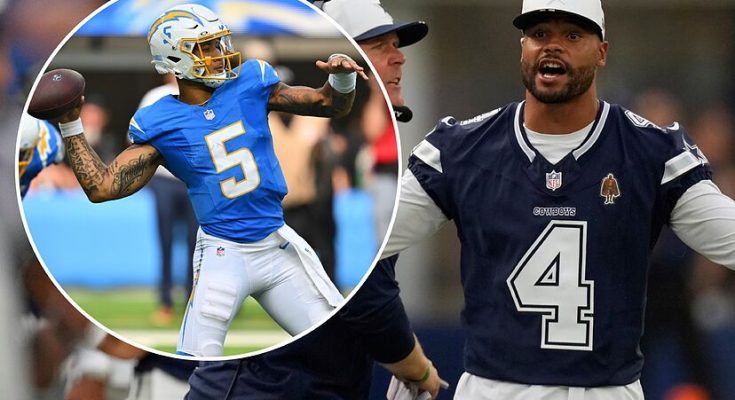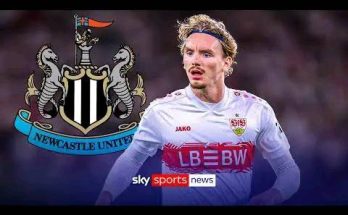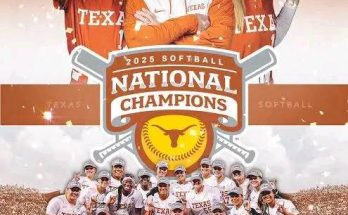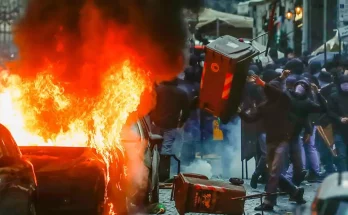The Dallas Cowboys have long been one of the most scrutinized franchises in the NFL, and their decision-making—particularly in the quarterback room—has once again come under fire. This time, the criticism comes from ESPN analyst and former NFL executive Louis Riddick, who didn’t hold back after witnessing Trey Lance’s preseason success with the Los Angeles Chargers. Lance, a former third overall pick by the San Francisco 49ers, was traded to the Cowboys last year for a fourth-round pick, only to be cut before the 2024 season. His impressive performances in the Chargers’ preseason games have reignited debates about Dallas’ handling of young talent, their long-term planning at quarterback, and whether the organization is truly committed to building a championship-caliber roster.
When the Cowboys acquired Lance in August 2023, it was seen as a low-risk, high-reward move. Once considered a franchise quarterback prospect, Lance had fallen out of favor in San Francisco after injuries and the emergence of Brock Purdy. Dallas, with Dak Prescott firmly entrenched as the starter, viewed Lance as a developmental project—a potential backup with upside. However, just one year later, the Cowboys waived him, opting instead to roll with Cooper Rush as Prescott’s primary backup. The decision raised eyebrows, especially given Lance’s pedigree and the minimal investment Dallas had made in him.
Fast forward to the 2024 preseason, and Lance has looked revitalized in a Chargers uniform. In limited action, he has displayed the arm talent, mobility, and poise that made him such a highly touted prospect in the 2021 draft. While preseason performances should always be taken with a grain of salt, Lance’s flashes of brilliance have been impossible to ignore. For Riddick, this was the final straw. On ESPN’s *NFL Live*, he didn’t mince words, calling the Cowboys’ handling of Lance “another example of this team’s inability to develop and maximize talent.”
Riddick’s frustration isn’t just about Lance—it’s emblematic of a larger pattern with the Cowboys. Despite having one of the most talented rosters in the league, Dallas has consistently fallen short in the playoffs, often due to self-inflicted wounds. Whether it’s questionable coaching decisions, poor roster construction, or an over-reliance on star players to carry the load, the Cowboys have repeatedly failed to take the next step. Riddick pointed out that instead of investing time in Lance as a potential long-term asset, the Cowboys chose to stick with Rush, a known commodity with limited upside. “This is why they stay stuck in the same cycle,” Riddick said. “They don’t take chances on high-ceiling players because they’re too afraid of short-term failure.”
The Cowboys’ quarterback situation is particularly interesting because Prescott is entering the final year of his contract. While owner Jerry Jones has repeatedly expressed confidence in Prescott, the lack of a long-term extension suggests some level of hesitation. If Dallas isn’t fully committed to Prescott beyond 2024, then why not keep Lance around as a potential successor? Instead, they let him walk for nothing, only to watch him thrive elsewhere. Riddick argued that this kind of short-sightedness is what separates perennial contenders from teams that merely flirt with success. “The great organizations always have a plan for the future,” he said. “The Cowboys are too busy patching holes to think about building a foundation.”
Of course, it’s possible that the Cowboys simply didn’t see enough from Lance in practice to justify keeping him. Head coach Mike McCarthy and offensive coordinator Brian Schottenheimer may have believed that Rush gave them a better chance to win if Prescott were to get injured. But that line of thinking is part of what Riddick finds frustrating. “If you’re only focused on the immediate backup role, you’re missing the bigger picture,” he said. “Lance has starter potential. Rush does not. It’s that simple.”
The Chargers, on the other hand, saw an opportunity. With Justin Herbert firmly established as their franchise quarterback, they could afford to take a flier on Lance as a high-upside backup. If he develops, he could either become a valuable trade chip or a reliable insurance policy. If not, the cost was minimal. This kind of forward-thinking approach is what Riddick believes the Cowboys lack. “The Chargers are playing chess while the Cowboys are playing checkers,” he quipped.
Beyond the quarterback position, Riddick’s critique touches on a broader issue with the Cowboys’ organizational philosophy. For years, they’ve operated under the assumption that their core stars—Prescott, CeeDee Lamb, Micah Parsons—are enough to carry them to a Super Bowl. But football is the ultimate team sport, and depth matters. The best teams in the league—the Chiefs, the 49ers, the Eagles—are constantly looking for ways to improve every position, even if it means taking calculated risks. The Cowboys, by contrast, often seem content to ride with what they have, even when obvious upgrades are available.
Riddick’s comments have sparked a larger debate about whether the Cowboys’ front office is too reactive rather than proactive. In a league where the margin between success and failure is razor-thin, the ability to identify and develop talent is paramount. Letting go of a player like Lance—who is still just 24 years old—without giving him a real chance to compete feels like a missed opportunity. If he goes on to have success with the Chargers, or worse, ends up facing the Cowboys in a meaningful game, the decision will look even more questionable in hindsight.
For now, all eyes will remain on Prescott and the Cowboys as they gear up for what could be a make-or-break season. If they fall short again, the criticism will only grow louder. And if Trey Lance continues to shine in Los Angeles, it will serve as a painful reminder of what might have been. As Riddick put it, “The Cowboys had a chance to do something different, to think outside the box. Instead, they took the safe route. And that’s why they’re always just good enough to disappoint.”
In the end, the Trey Lance saga is just one chapter in the ongoing story of the Cowboys’ struggles to reclaim their status as an elite franchise. But for Louis Riddick and many others, it’s a telling example of why this team continues to fall short of expectations. Until they change their approach—until they start valuing long-term vision over short-term comfort—they’ll remain stuck in the same cycle of mediocrity. And for a fan base that desperately wants another Super Bowl, that’s the hardest truth of all.



